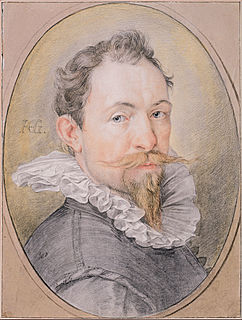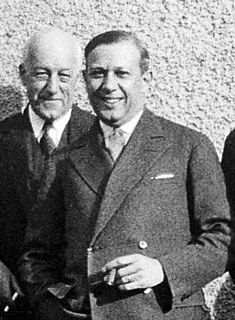A Quote by Henry Fielding
Every physician almost hath his favourite disease.
Related Quotes
Doctor Johnson said, that in sickness there were three things that were material; the physician, the disease, and the patient: and if any two of these joined, then they get the victory; for, Ne Hercules quidem contra duos [Not even Hercules himself is a match for two]. If the physician and the patient join, then down goes the disease; for then the patient recovers: if the physician and the disease join, that is a strong disease; and the physician mistaking the cure, then down goes the patient: if the patient and the disease join, then down goes the physician; for he is discredited.
My love is as a fever, longing still
For that which longer nurseth the disease,
Feeding on that which doth preserve the ill,
Th' uncertain sickly appetite to please.
My reason, the physician to my love,
Angry that his prescriptions are not kept,
Hath left me, and I desperate now approve
Desire is death, which physic did except.
Let us look upon a crucified Christ, the remedy of all our miseries. His cross hath procured a crown, his passion hath expiated our transgression. His death hath disarmed the law, his blood hath washed a believer's soul. This death is the destruction of our enemies, the spring of our happiness, and the eternal testimony of divine love.
Why, friends, you go to do you know not what: Wherein hath Caesar thus deserved your loves? Alas, you know not: I must tell you then: You have forgot the will I told you of. . . . . Here is the will, and under Caesar's seal. To every Roman citizen he gives, To every several man, seventy-five drachmas. . . . . Moreover, he hath left you all his walks, His private arbours and new-planted orchards, On this side Tiber; he hath left them you, And to your heirs for ever, common pleasures, To walk abroad, and recreate yourselves. Here was a Caesar! when comes such another?




































